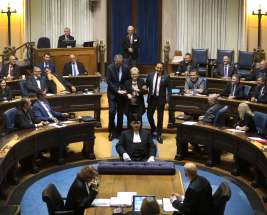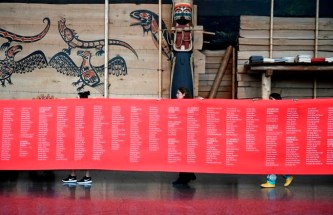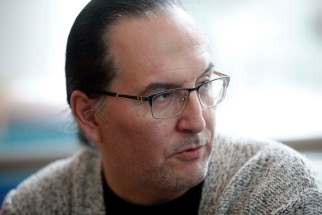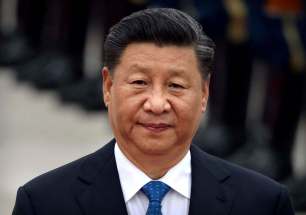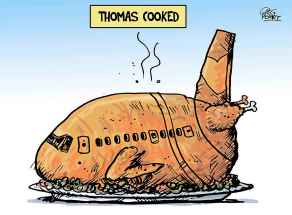Parades won’t solve China’s issues with Hong Kong
Read this article for free:
or
Already have an account? Log in here »
To continue reading, please subscribe:
Monthly Digital Subscription
$0 for the first 4 weeks*
- Enjoy unlimited reading on winnipegfreepress.com
- Read the E-Edition, our digital replica newspaper
- Access News Break, our award-winning app
- Play interactive puzzles
*No charge for 4 weeks then price increases to the regular rate of $19.00 plus GST every four weeks. Offer available to new and qualified returning subscribers only. Cancel any time.
Monthly Digital Subscription
$4.75/week*
- Enjoy unlimited reading on winnipegfreepress.com
- Read the E-Edition, our digital replica newspaper
- Access News Break, our award-winning app
- Play interactive puzzles
*Billed as $19 plus GST every four weeks. Cancel any time.
To continue reading, please subscribe:
Add Free Press access to your Brandon Sun subscription for only an additional
$1 for the first 4 weeks*
*Your next subscription payment will increase by $1.00 and you will be charged $16.99 plus GST for four weeks. After four weeks, your payment will increase to $23.99 plus GST every four weeks.
Read unlimited articles for free today:
or
Already have an account? Log in here »
Hey there, time traveller!
This article was published 30/09/2019 (2264 days ago), so information in it may no longer be current.
Chinese President Xi Jinping is using Monday’s national celebration to show off the country’s new, advanced weapons systems. The parade through the streets of Beijing marked 70 years since Mao Zedong proclaimed the People’s Republic of China and began Communist rule. The parade was designed to show that China can defend itself and can take its place among the world’s great military powers.
But while Mr. Xi has been reforming and re-equipping his armed forces, Hong Kong has been escaping from his grasp by peaceful means. He should take today’s military parade as a sign that his defence policy has succeeded and turn his attention to reform in the government of Hong Kong.
The streets of Hong Kong have been thronged with young political protesters, occasionally in March and April, then every weekend without fail since June 9. Neither police repression nor scoldings by Hong Kong chief executive Carrie Lam nor threats of military intervention from the Chinese mainland have persuaded the huge crowds of democracy demonstrators to knock it off.
Beijing’s authority is clearly not accepted in Hong Kong. Beijing has been chipping away the freedom of expression and other freedoms that Hong Kong was promised when Britain returned the territory to China in 1997. The generation that grew up in Hong Kong under Chinese sovereignty is determined to preserve and expand those freedoms in defiance of Beijing.
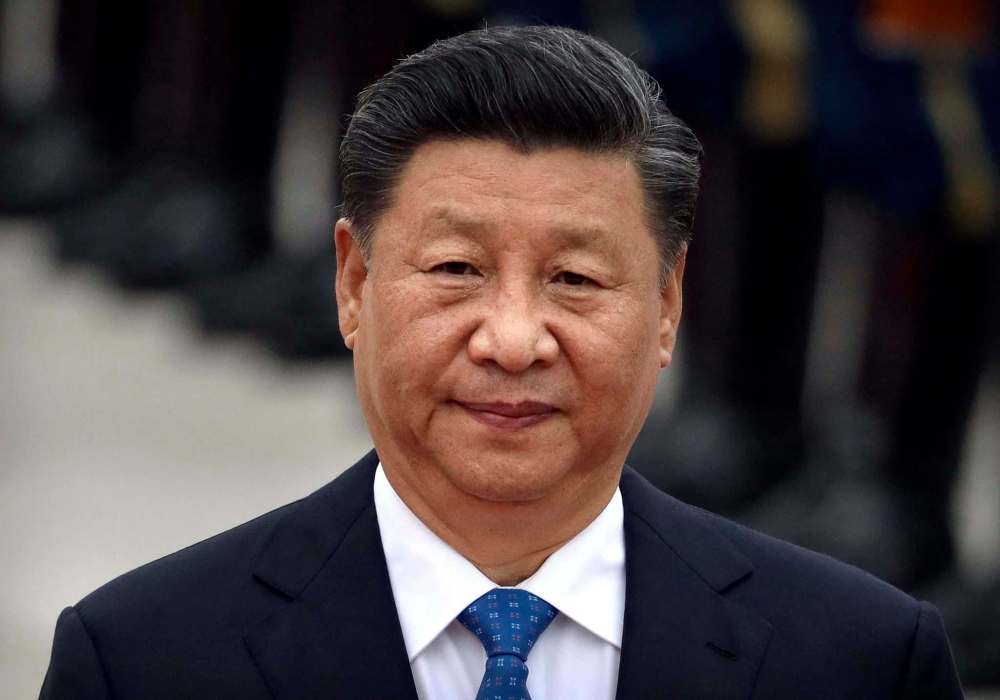
Hong Kong needs a new basic law that will better express its political and economic realities. Hong Kong is part of China; it is also part of a much wider world of trade, manufacturing and investment. It is the shipping and commercial hub that is China’s most vital economic link to the rest of the world. China has to keep Hong Kong strong and prosperous for that reason.
China also has to accommodate the special qualities that have made Hong Kong creative and prosperous. If these include occasional insolence toward China’s Communist masters, then the authorities in Beijing will just have to learn to live with that.
It would cost Mr. Xi nothing to announce that he wants a new deal for Hong Kong and that he will apply his government’s best minds to finding it and enshrining it in law. He seems wisely disinclined to repeat his predecessors’ 1989 blunder when they sent tanks through the streets of Beijing to stamp out the Tiananmen Square protests. Once he renounces the military option and the democracy movement curbs the demonstrations, the two sides should be able to talk calmly about Hong Kong’s future.
Hong Kong needs a new basic law that will better express its political and economic realities. Hong Kong is part of China; it is also part of a much wider world of trade, manufacturing and investment.
For all its new equipment, the People’s Liberation Army may or may not be able to fight an actual war. The PLA is famous for torturing and murdering unarmed civilians, but its main function now — as with Kim Jong Un’s army in North Korea — is staging magnificent parades through the streets of the capital.
Let the PLA continue perfecting its parade skills and polishing its truck-launched missiles for display. Chinese people deserve the warm feeling of believing that their army is as good as anyone’s. The greater threat to China, however, is not attack from without but disintegration from within. Wise statecraft may hold the country together far better than brutal military repression.
A good first step would be to renounce the use of force against Hong Kong and inquire if the democracy movement leaders are willing to talk.


